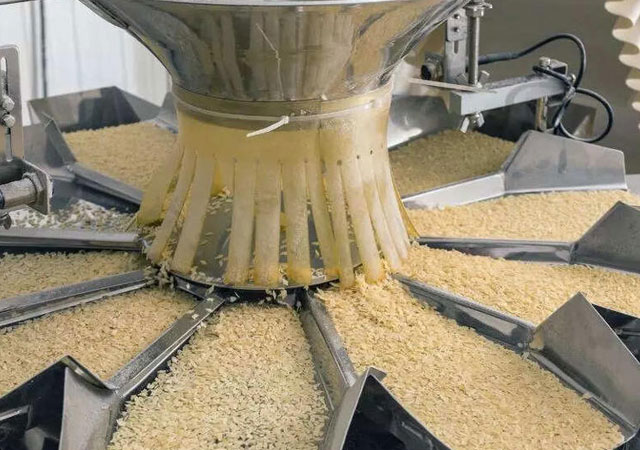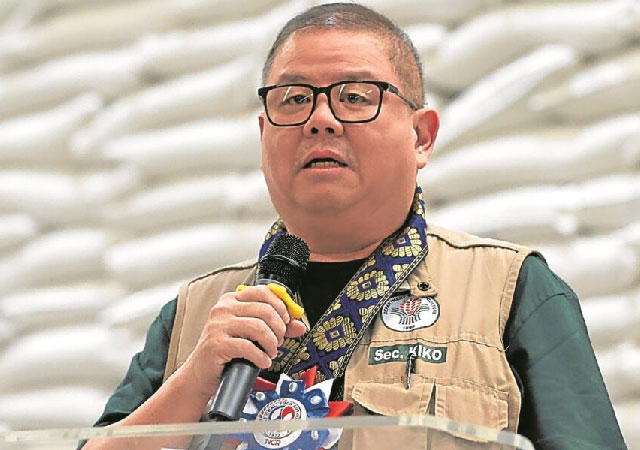 (VAN) On August 27 - 28, a consultation workshop on financial access in the low-emission rice value chain in Vietnam took place in Ho Chi Minh City.
(VAN) On August 27 - 28, a consultation workshop on financial access in the low-emission rice value chain in Vietnam took place in Ho Chi Minh City.
The workshop, organized by the Ministry of Agriculture and Rural Development in collaboration with the Vietnam Rice Sector Association (VIETRISA) and the International Rice Research Institute (IRRI), aimed to exchange practical experiences and provide recommendations for scaling up the low-emission rice industry.
At the same time, the workshop sought solutions to improve financial access for stakeholders in the rice value chain, as well as to explore the needs and methods for developing a carbon.
Director General of the International Cooperation Department (Ministry of Agriculture and Rural Development) Mr. Nguyen Do Anh Tuan, Mr. Bui Ba Bong - Chairman of the Vietnam Rice Sector Association, and Mr. Cao Duc Phat - Chairman of the Board of the International Rice Research Institute (IRRI), chaired the consultation workshop with the participation of representatives from relevant ministries and agencies, financial institutions, private enterprises and international organizations.
In his opening remarks, Mr. Nguyen Do Anh Tuan emphasized that rice is a traditional and crucial sector for Vietnam, providing livelihoods for tens of millions of farmers across the country. Vietnam holds a strong competitive advantage in rice exports. Despite global market fluctuations, changing consumer preferences and climate change, the Vietnamese rice sector continues to maintain sustainable production and export practices.
However, the trend of green consumption is becoming widespread in many countries, with increasing demand for green products. As a result, countries are implementing a series of new policies aimed at green production, including environmental and carbon standards for export and import products. If we still continue in the traditional way, we risk falling behind and impacting the livelihoods of millions of farmers in the Mekong Delta region.
The One million hectares of high-quality, low-emission rice project is of significant importance to the agriculture sector, the economy, and the goals of adapting to and mitigating the impacts of climate change in Vietnam. "To achieve the goal of reducing greenhouse gas emissions, we need to accurately understand and assess how these changes will impact businesses, financial institutions, and farmers, who are the directly affected stakeholders", Mr. Nguyen Do Anh Tuan said.
According to Mr. Tuan, accessing finance through the rice value chain to benefit farmers and farmer organizations requires the involvement of financial institutions as well as financial products and tools to accurately assess potential risks.
The two-day workshop created an open space for exchanging experiences to identify the main challenges in accessing and providing finance for low-emission rice production. Through analyses of pilot models and practical experiences from low-emission rice projects, stakeholders considered the potential to scale up successful models.
In addition, insightful contributions from a regional perspective by representatives of the Bank for Agriculture and Agricultural Cooperatives of Thailand and the Asia-Pacific Rural Agricultural Credit Association (APRACA) clarified trends and action plans aimed at facilitating the transition to low-emission agriculture in general and rice production in particular.
On the second day of the meeting, the discussions continued to delve into financial tools and the challenges of assessing and managing financial risks arising from climate change and within the low-emission rice production chain.














© Copyright 2025 The SSResource Media.
All rights reserved.